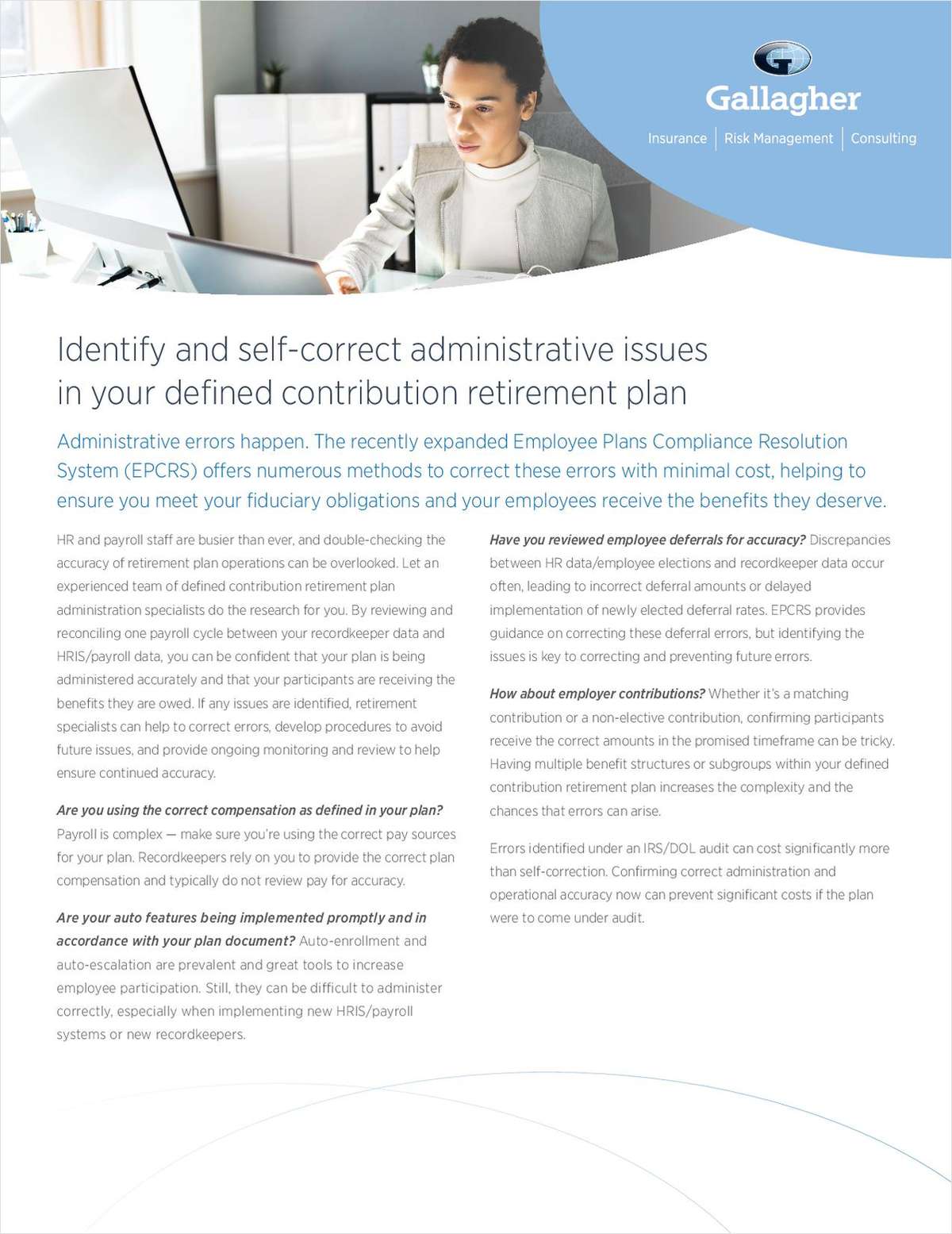The recession has negatively impacted the health of older employees; however, these effects can be lessened by receiving Social Security and Medicare benefits early, according to a study authored by Wellesley College.
In fact, the negative impacts are so significant that after analyzing four decades of mortality data, the study finds that workers in their late 50s and 60s who lost their jobs could face a reduced life expectancy by as many as three years. The recession can also cause employment and income deficits that last years within this sector of workers, and this has a lasting impact on health insurance coverage and health care access. The reduced life expectancy could be because of the gap in coverage, the study suggests.
For workers who are already 62 years old, which is the minimum age for Social Security eligibility, they seem not to be as affected by life expectancy. The study credits this to Social Security's safety net. The Medicare system also helps because the deficit in health insurance correlating with a recession is eliminated at age 65 as workers are then eligible for Medicare.
Complete your profile to continue reading and get FREE access to BenefitsPRO, part of your ALM digital membership.
Your access to unlimited BenefitsPRO content isn’t changing.
Once you are an ALM digital member, you’ll receive:
- Breaking benefits news and analysis, on-site and via our newsletters and custom alerts
- Educational webcasts, white papers, and ebooks from industry thought leaders
- Critical converage of the property casualty insurance and financial advisory markets on our other ALM sites, PropertyCasualty360 and ThinkAdvisor
Already have an account? Sign In Now
© 2025 ALM Global, LLC, All Rights Reserved. Request academic re-use from www.copyright.com. All other uses, submit a request to [email protected]. For more information visit Asset & Logo Licensing.








